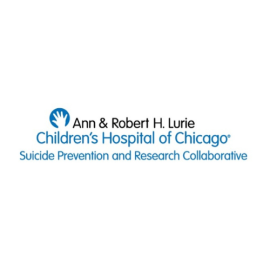Systems describe their experience in implementing and measuring Zero Suicide approaches.
Case studies provide compelling insights.
Results from systems implementing Zero Suicide are rolling in. Reported benefits of using the Zero Suicide model have included a spectrum of care improvements including increases in quality of care and also longer-term outcomes such as reductions in suicide deaths, decreases in hospitalizations, and cost savings. Follow the path of systems like yours to learn how to shape your own Zero Suicide outcomes. Download a sharable one-pager about Zero Suicide Results here.






